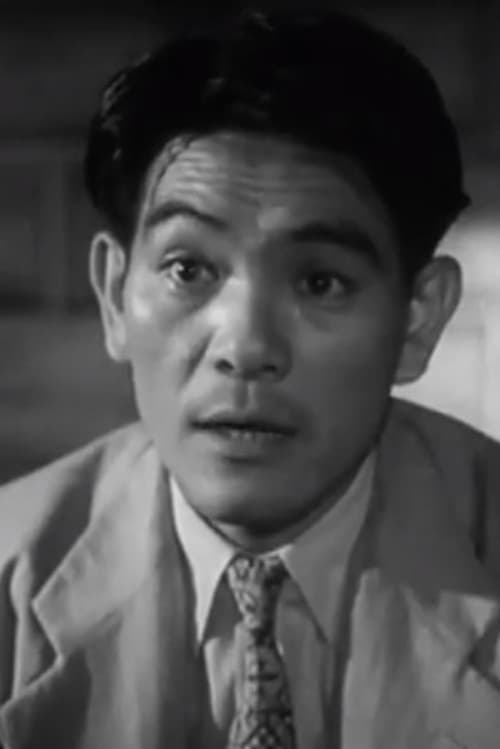
Real name: Yukio Abe. Born September 8, 1925, as the son of an electrician in Tokyo. Graduated from Tokyo City Asakusa Technical College. Passed the 1st Toho New Face exam and joined Toho. It is in sync with Toshiro Mifune and Hajime Izu. Debuted in 1947 with Kurosawa's "One Wonderful Sunday". Later appeared as a regular in the many Toho movies. It was nicknamed "Boo-chan" by the studio associate...
Explore all movies appearances
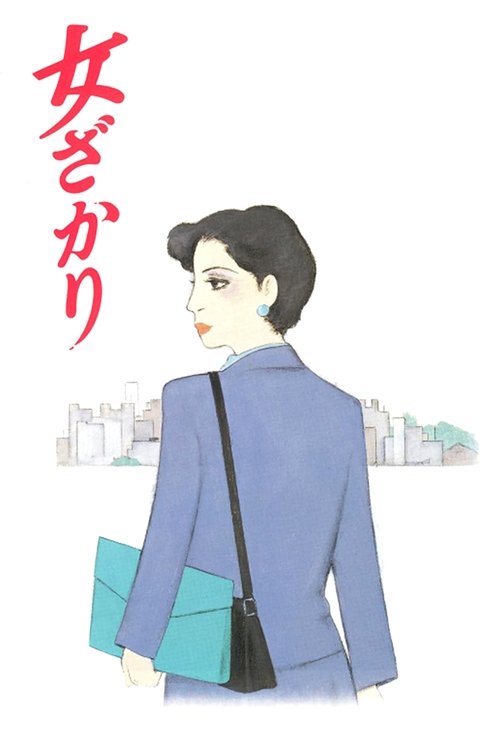
A middle-aged journalist looking to make her big break. After working the same beat on the "women's page", Yumiko gets promoted to editorials.
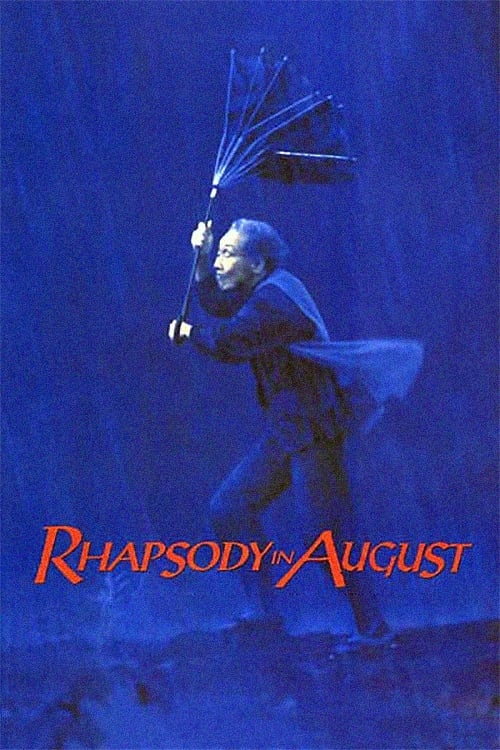
An elderly Nagasaki hibakusha spends a summer caring for her four grandchildren, whose curiosity about the 1945 bombing stirs buried memories and moral questions. When an American nephew from Hawaii visits, the family confronts grief, guilt, and the possibility of reconciliation across generations.
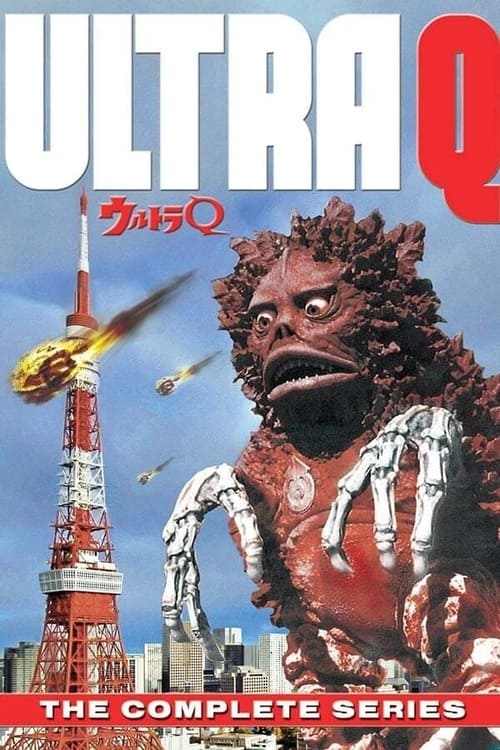
Theatrical version of episode 17 of Ultra Q TV series.
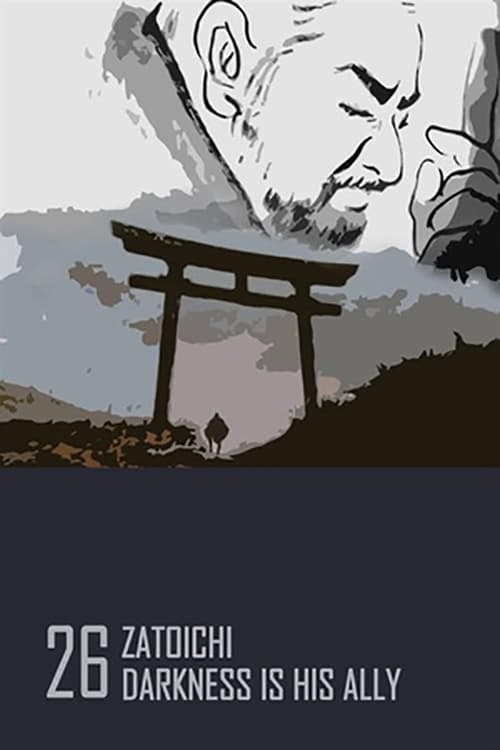
Older, wiser but still a wandering loner, the blind, peace-loving masseur Ichi seeks a peaceful life in a rural village. When he's caught in the middle of a power struggle between two rival Yakuza clans, his reputation as a deadly defender of the innocent is put to the ultimate test in a series of sword-slashing showdowns.
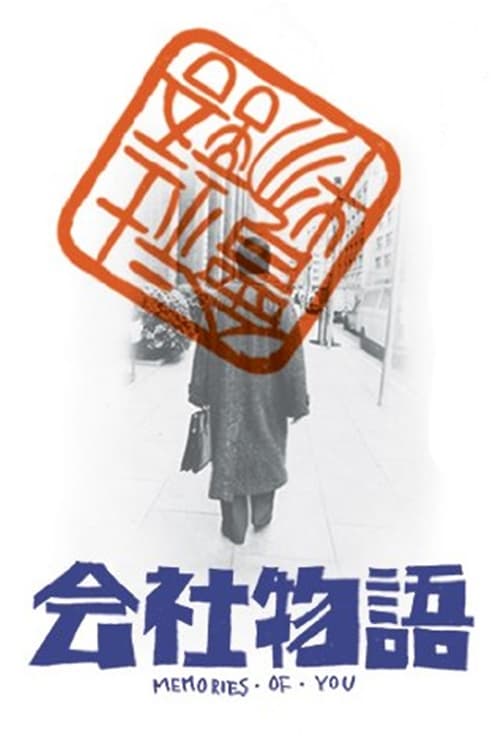
A hard-working section chief, fast approaching retirement and beset by stress from all directions, joins a jazz band and reignites his youthful passion for the music, giving him a chance to set things right in his life.
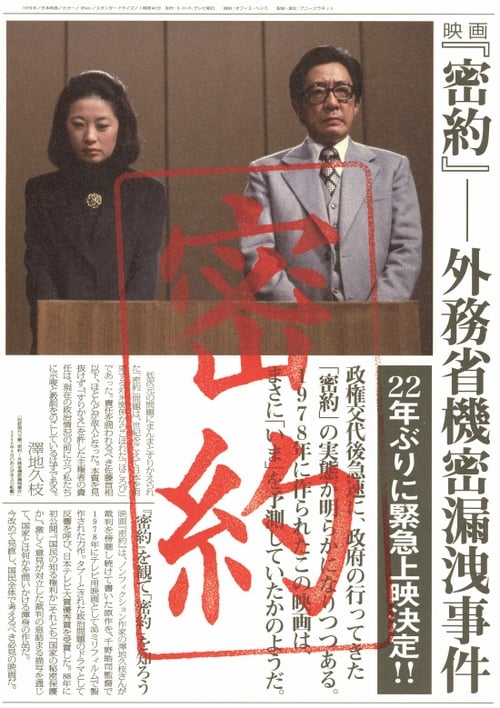
TV film about the "Nishiyama Incident", a scandal surrounding the 1972 return of Okinawa to Japan. Produced to commemorate the 20th anniversary of TV Asahi in 1978 and released theatrically by Office Henmi in 1988.
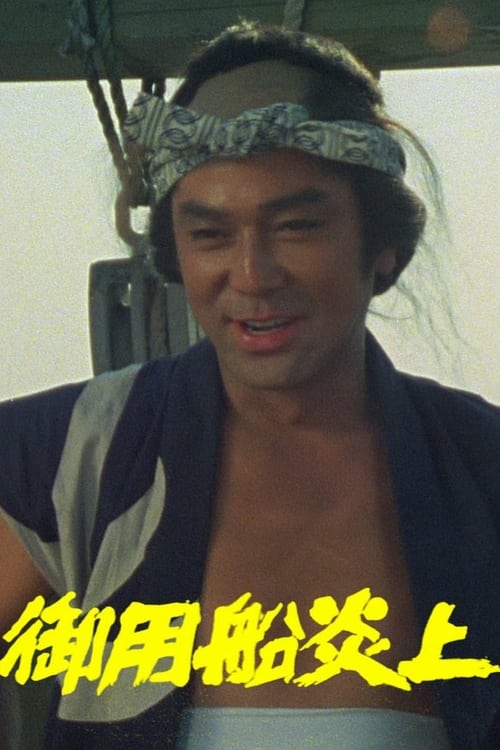
No plot available for this movie.
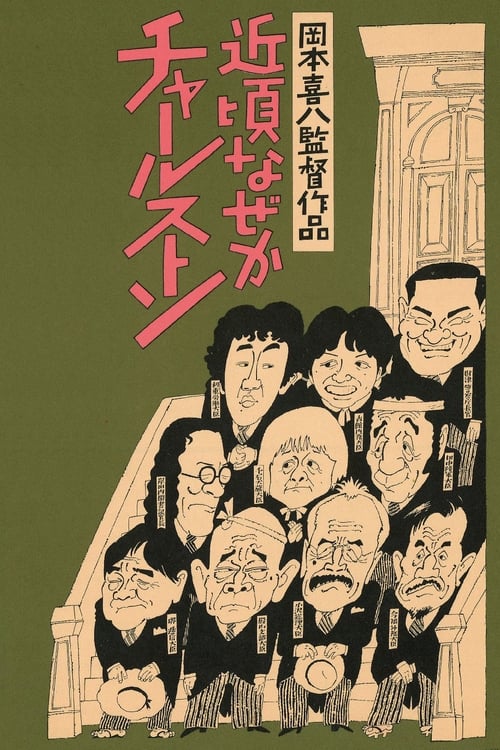
A young man gets thrown into detention after an episode of sexual assault; he soon meets several impostors in the same situation.
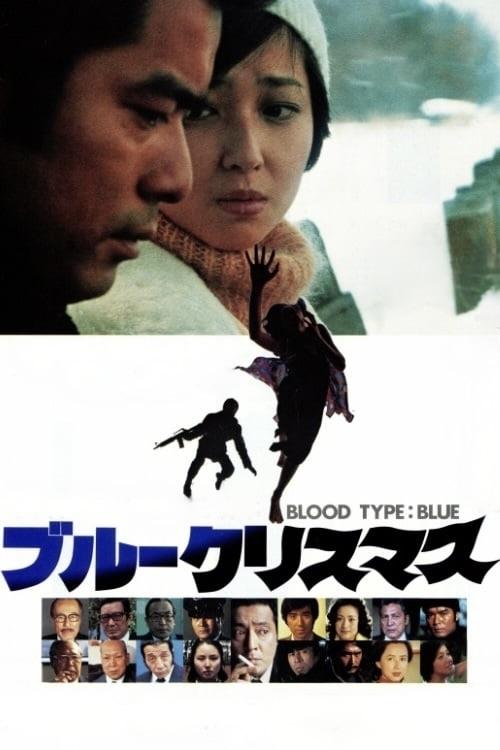
UFOs appear on Earth, and people who actually see them suddenly find that their blood has turned blue. Soon panic and hysteria result in the new "blue-bloods" being persecuted by the rest of mankind, and eventually certain all-too-familiar measures begin to be taken against them.
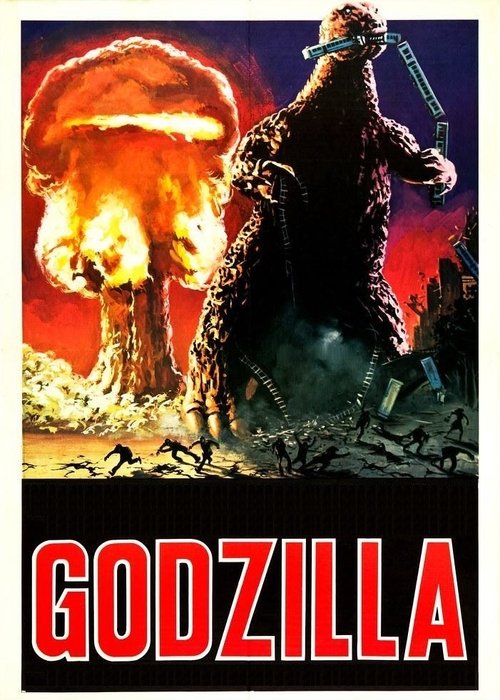
A re-edited Italian-language dubbed version of the original Godzilla, using as a basis the U.S. version, "Godzilla, King of the Monsters!" (1956), plus WWII newsreel footage and clips from other science fiction films. The re-edited film was then colorized via a process called "Spectrorama 70" consisting of applying various colored gels to the black and white footage. The film's opening and ending also features new music composed by musicians Fabio Frizzi, Franco Bixio, and Vince Tempera (under the pseudonym Magnetic System).
Subscribe for exclusive insights on movies, TV shows, and games! Get top picks, fascinating facts, in-depth analysis, and more delivered straight to your inbox.